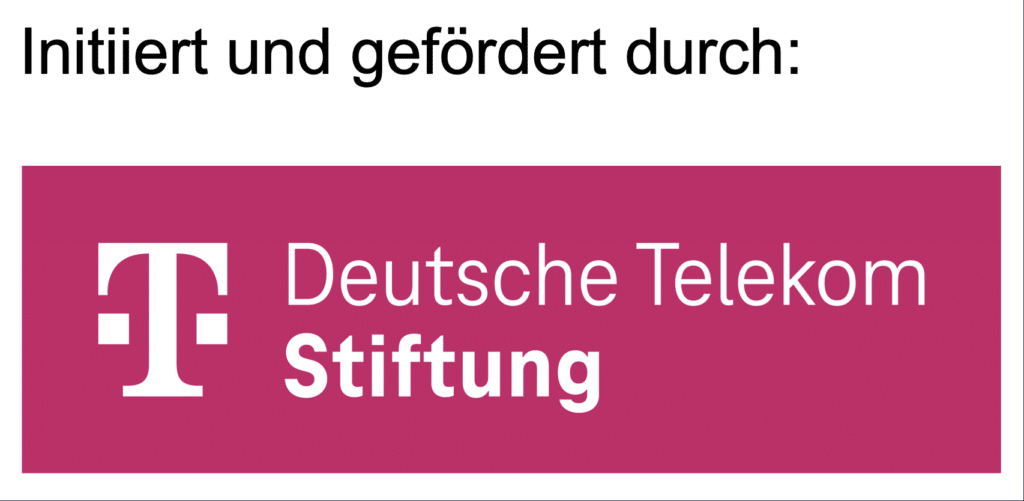Abstract
The interplay between data and society has grown more and more powerful with the rise of our current information age. Data is constantly being collected in unimaginable quantities and used to make decisions and shape the very reality we experience. Some highlight the amazing potential of data’s power to create a better world and others see portents of how such use of data will only exacerbate inequities and lead to the very downfall of democracy. Regardless of what stance you take, being data literate is crucial, but it is unclear what kind of data literacy is important and for whom. In this talk I will lay the groundwork for taking a critical literacy perspective on data literacy to focus on reading and writing the word and the world with data. I will also spend time connecting such work to practice by discussing an ongoing research to practice partnership with teachers and share a framework for thinking about practices of reading the word and the world with data visualizations.
Bio Travis Weiland

My career in education began with teaching high school mathematics in the mountains of Western North Carolina. While working on a master’s degree, I realized not only how little I understood statistics, but that I had been doing a terrible job of teaching those concepts to students for years. It was this realization that motivated me to pursue a PhD in Mathematics Education to investigate the question of how can we improve the statistical education of students in schools? My work stems from two main principles: that education is transformative, and the goal of public education is democratic equality. More specifically, my research is focused on issues of equity, including the consideration of issues of access, achievement, identity and power, at their intersection with statistics and data science education.



